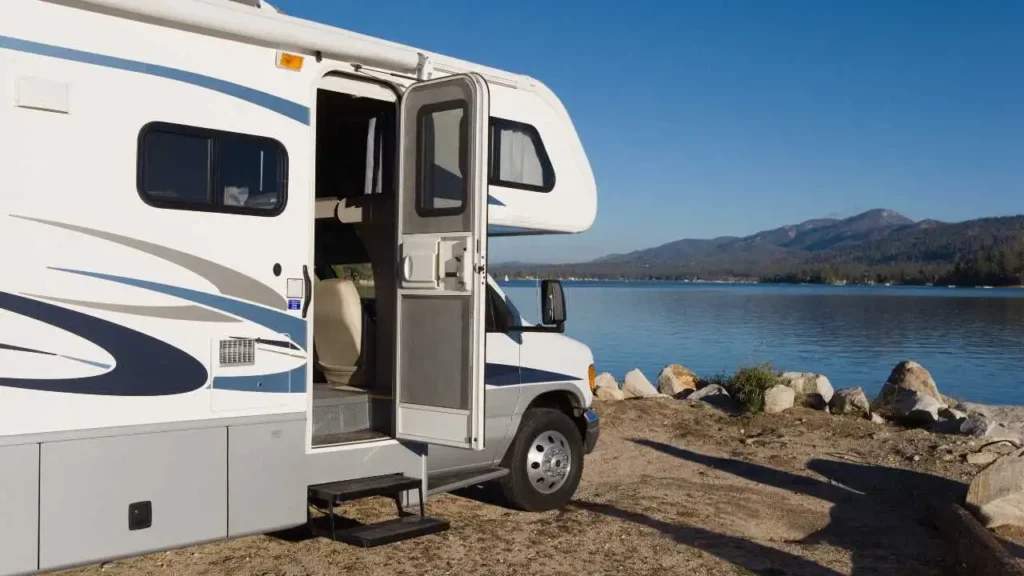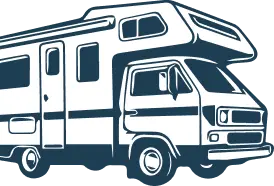
RVs offer the freedom of the open road, but like any home, they come with their share of potential problems. Plumbing issues are among the most common headaches RV owners face, from frustrating leaks to stubborn clogs. Don’t let a plumbing disaster ruin your adventure – arm yourself with the knowledge to tackle these problems effectively.
Understanding Your RV Plumbing System
Before diving into repairs, let’s get familiar with the basics of your RV’s plumbing system:
- Freshwater System: This includes your water tank, water pump, and the lines that distribute water to your sinks, shower, and toilet.
- Greywater System: This handles wastewater from your sinks and shower. Greywater flows into a holding tank.
- Blackwater System: This is dedicated to the toilet and its waste. It has a separate holding tank.
Common Plumbing Culprits: Leaks
Leaks are the scourge of RV plumbing. Here are the usual suspects and how to fix them:
- Loose Connections: Vibration during travel can loosen fittings. Check all connections under sinks, behind the toilet, and at the water pump. Hand-tighten any loose fittings, and use thread sealant tape where applicable.
- Worn-Out Seals and Washers: Faucets and valves rely on seals and washers to prevent leaks. Over time, these wear out. Replace worn seals and washers with new ones of the correct size.
- Damaged Pipes: Freezing temperatures, road debris, or age can cause cracks or holes in your pipes. PEX piping (common in RVs) can often be repaired with couplings or patching kits. For more extensive damage, replace the pipe section.
- Faulty Water Pump: A worn or malfunctioning water pump can cause leaks and pressure issues. Check for cracks in the pump housing and proper electrical connections. If necessary, replace the pump.
Battle of the Clogs
Clogged drains are an unpleasant reality in any plumbing system. In an RV, they can be particularly troublesome. Here’s how to fight back:
- Kitchen Clogs: Grease and food debris are the primary culprits. Avoid pouring grease down the drain. Flush hot water with a bit of dish soap down your sink regularly to prevent buildup. To clear a clog, try a plunger or drain snake.
- Shower Clogs: Hair is the usual offender. A hair strainer in the drain helps prevent clogs. Remove existing clogs with a plunger, drain snake, or a natural drain cleaner made of baking soda and vinegar.
- Toilet Clogs: Too much toilet paper or non-RV-grade paper can clog the works. Use RV-safe toilet paper and dispose of wipes and hygiene products in the trash. A plunger can clear minor clogs, while tougher ones may need a toilet auger.
Essential Troubleshooting Tips
- Know Your System: Familiarize yourself with where your freshwater tank, water pump, holding tanks, and drain lines are located. This will make diagnosis and fixing leaks easier.
- Preventative Measures: Regularly inspect your plumbing for signs of wear or potential leaks. Flush your holding tanks and use tank treatments to prevent buildup and foul odors.
- Winterizing: If you store your RV in freezing temperatures, properly winterize your plumbing to prevent freezing damage.
Tools of the Trade
Keep these essentials on hand for RV plumbing repairs:
- Adjustable wrench
- Pliers
- Pipe wrench
- Screwdrivers
- Thread sealant tape
- Plunger
- Drain snake
When to Call a Pro
While many RV plumbing problems are DIY-able, there are cases where a professional is wise:
- Major Leaks: If you can’t isolate the source of a major leak or suspect extensive damage.
- Blackwater System Problems: Issues with your blackwater tank or toilet can be particularly messy and may involve specialized tools or knowledge.
- Lack of Confidence: If you’re not comfortable tackling the repair yourself, Our Dixie RV Doctor technician can save you time and frustration.
Keep Your Travels Flowing
With a little understanding and the right tools, you can keep your RV plumbing in top shape. By tackling leaks and clogs promptly and implementing preventative measures, you can minimize disruptions and keep your adventures rolling along smoothly.

